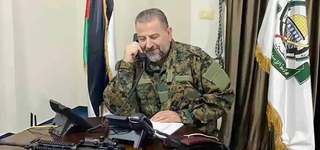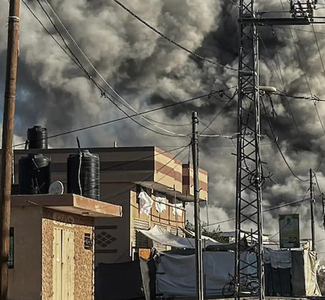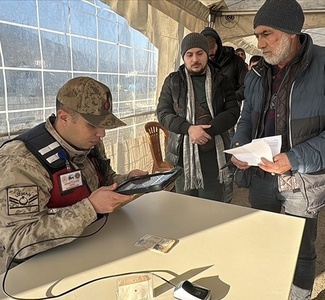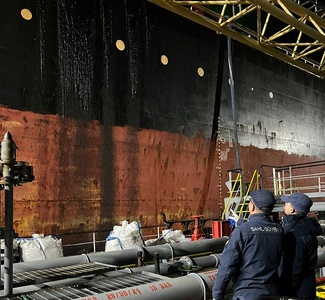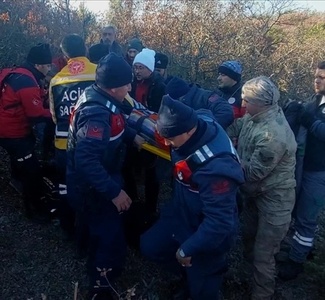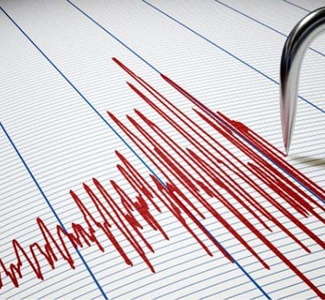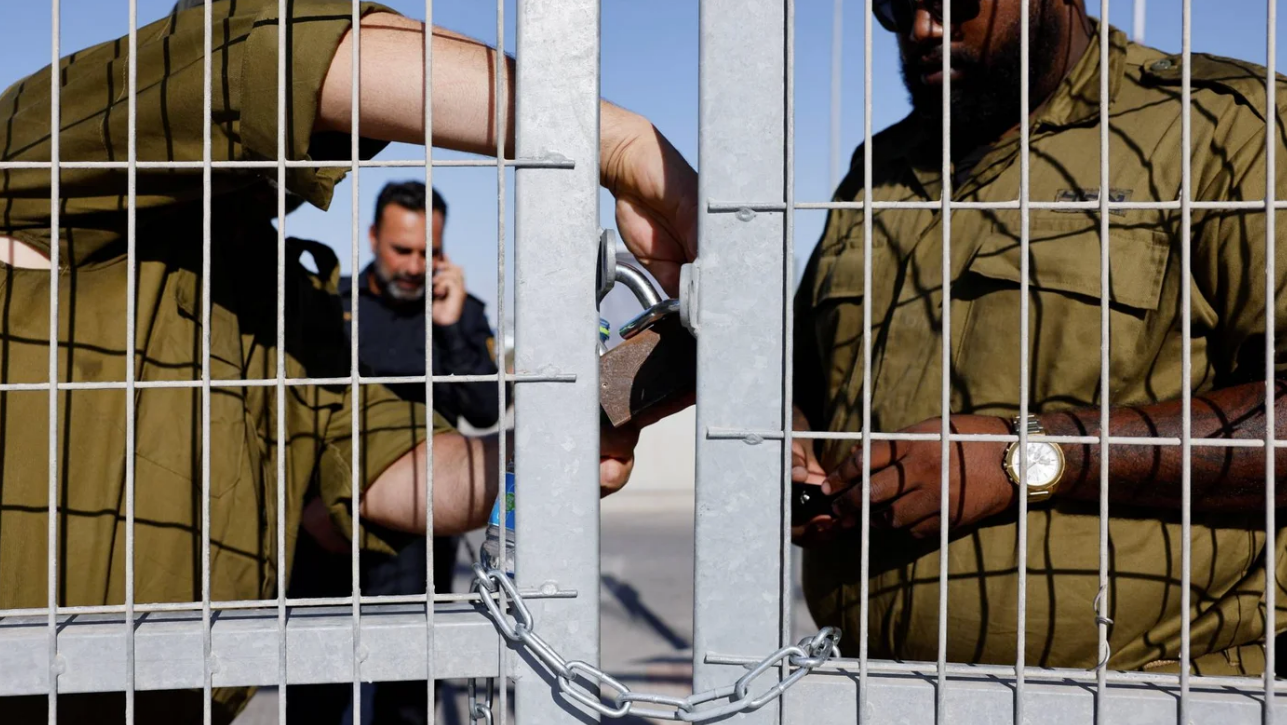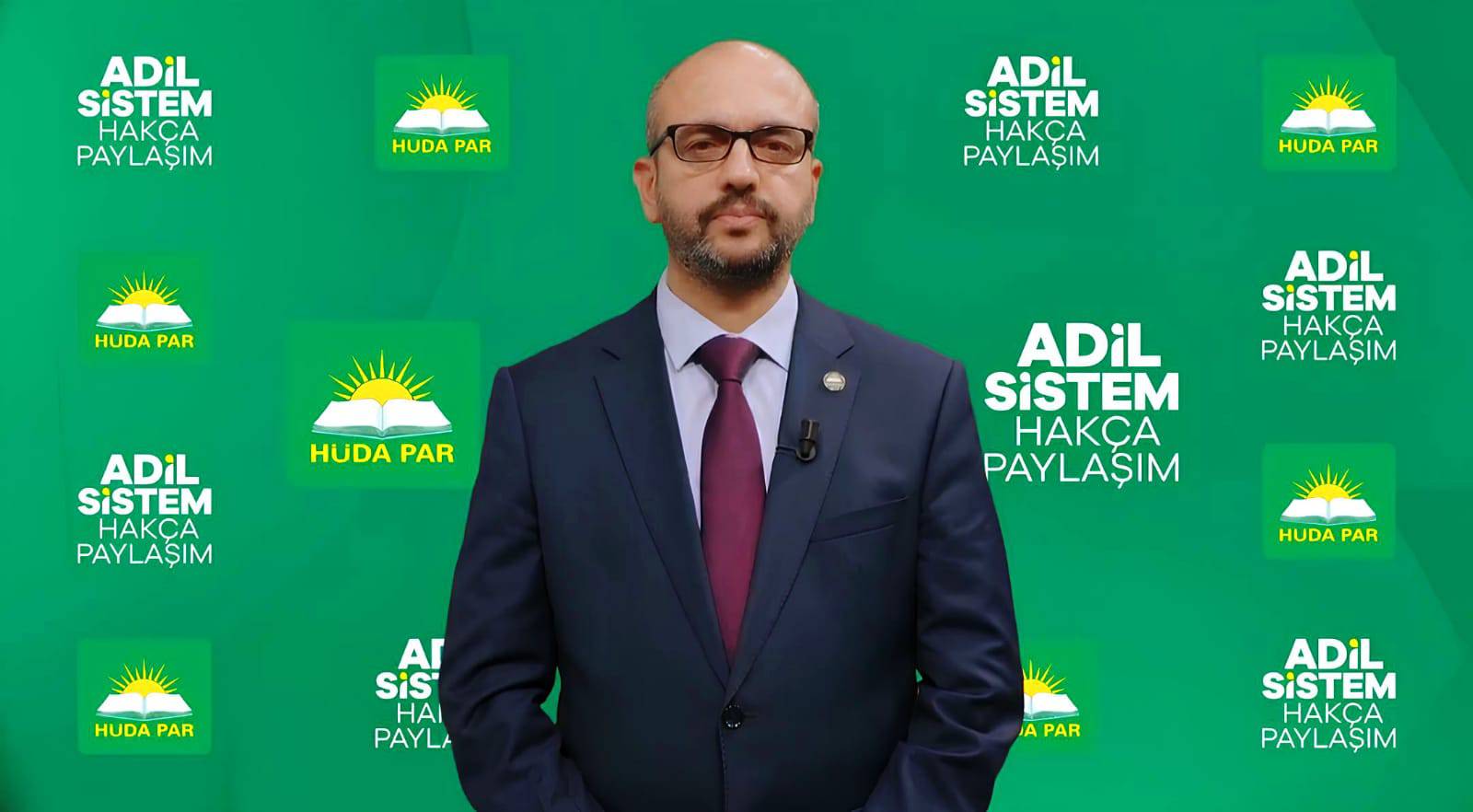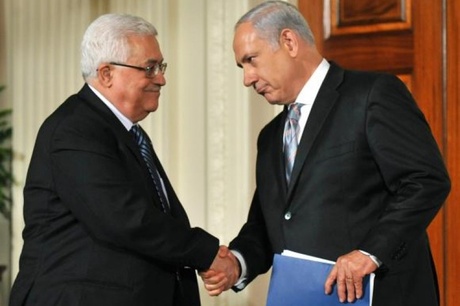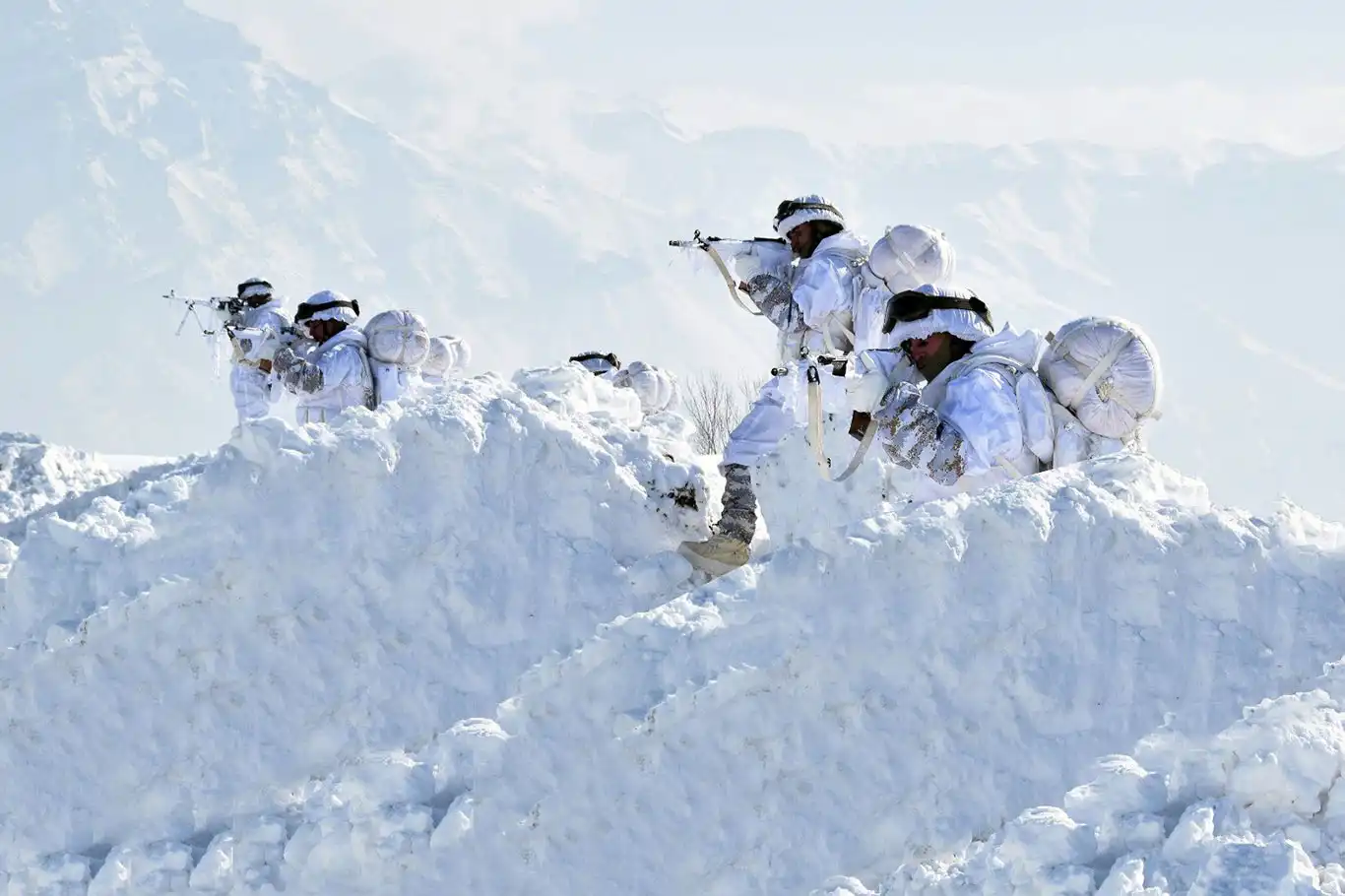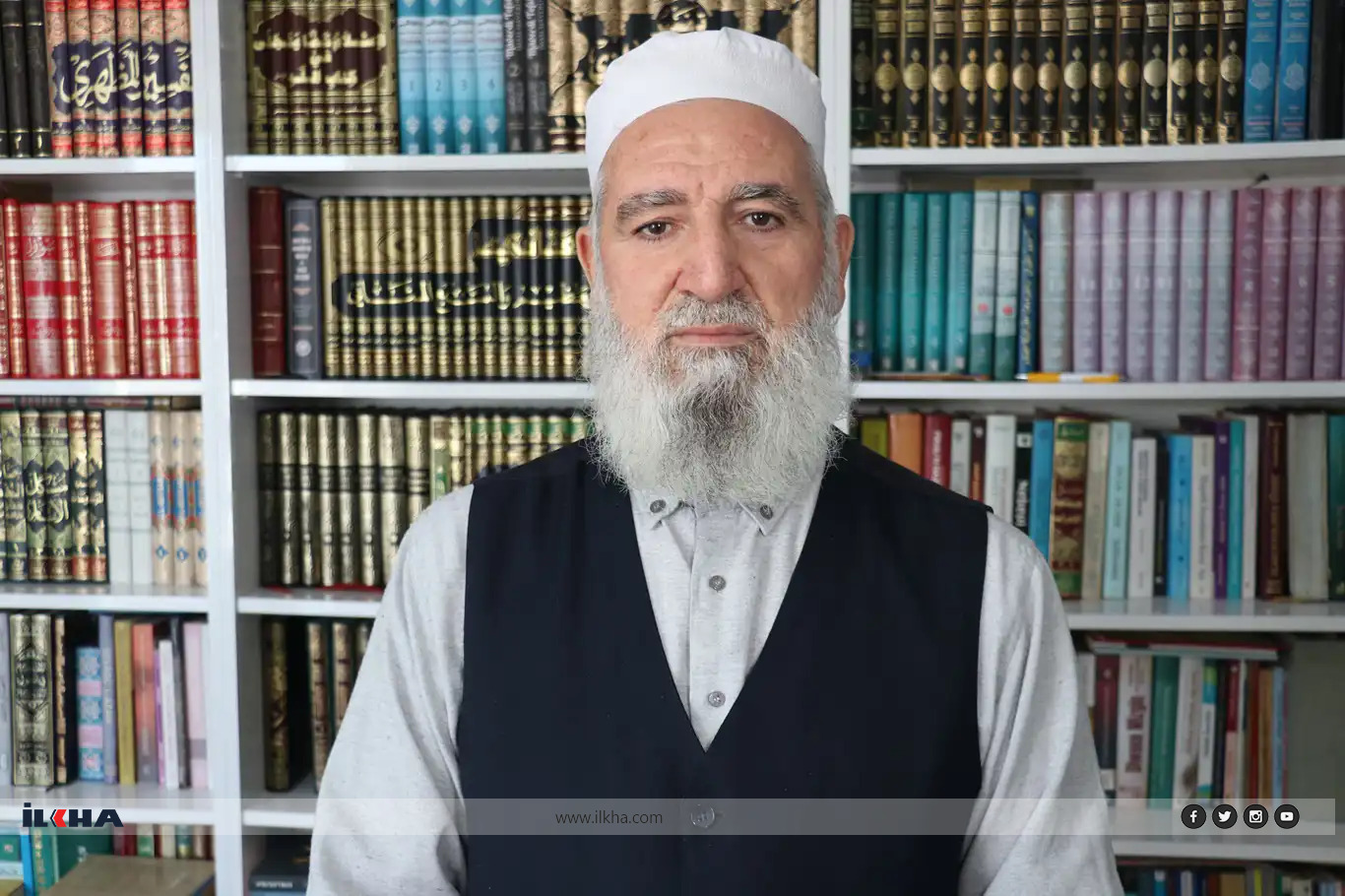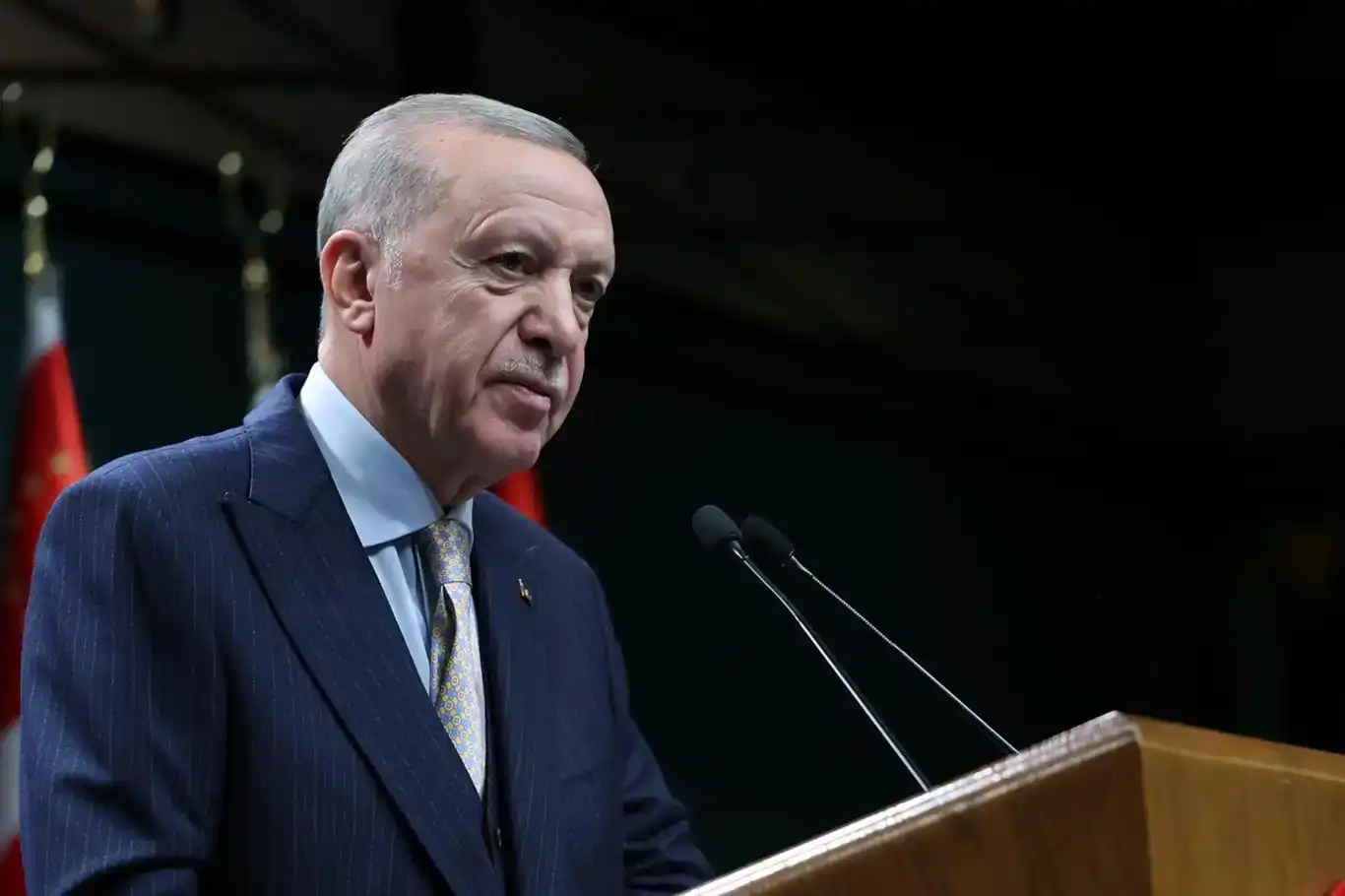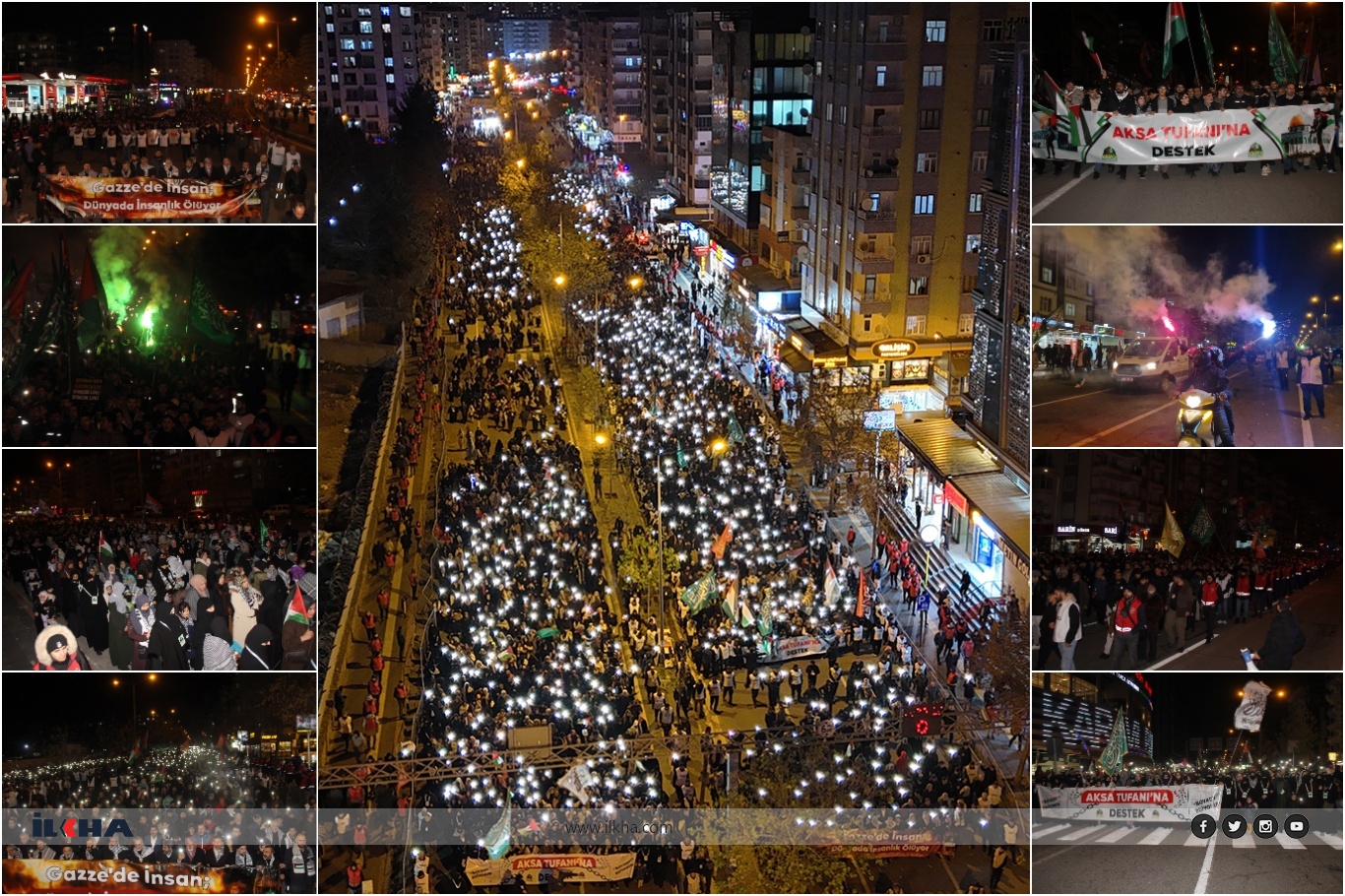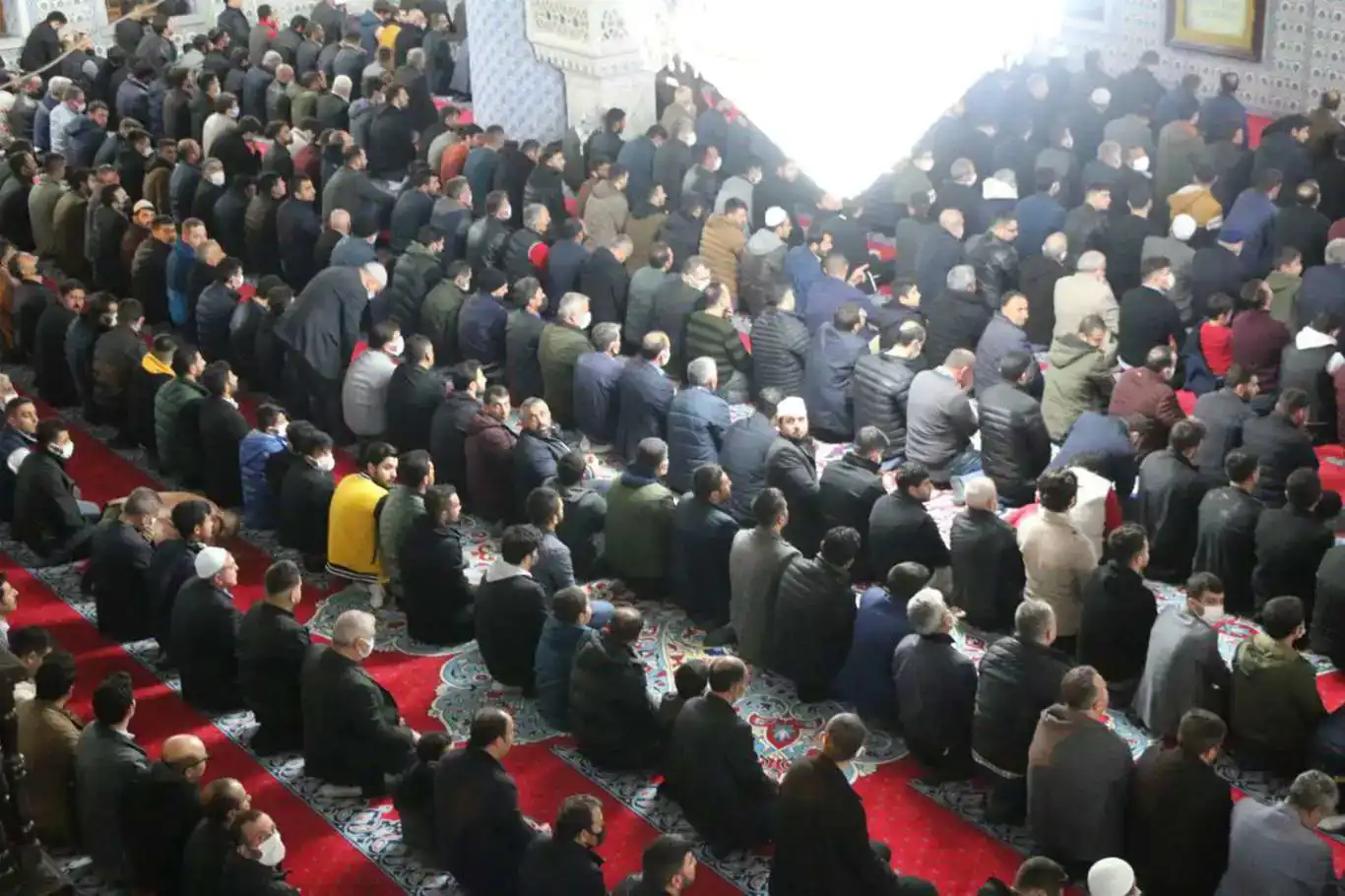UN officials witness “shocking” damage in Jenin Refugee Camp following zionist aggression
Senior United Nations (UN) officials and donor partners embarked on a visit to the Palestinian refugee camp in Jenin, located in the occupied West Bank, to witness the extensive damage caused by the recent Israeli aggression.

 Google News'te Doğruhaber'e abone olun.
Google News'te Doğruhaber'e abone olun. The two-day military aggression, described as the most intense in over two decades by the UN Relief and Works Agency for Palestine Refugees (UNRWA), resulted in a significant loss of life and widespread destruction.
“At least 12 people, including four children, were killed, and another 140 were injured. Around 900 houses were damaged, with many now uninhabitable,” revealed Leni Stenseth, the Deputy Commissioner-General of UNRWA. Stenseth emphasized the trauma experienced by camp residents who witnessed the violence, stating: “But, more than the physical damage, I saw the trauma in the eyes of camp residents who had witnessed the violence. I heard them speak about their exhaustion and fear.”
The delegation, accompanied by several senior representatives from the international and donor community, included Adam Bouloukos, Director of UNRWA's West Bank Field Office, and Lynn Hastings, the UN Resident and Humanitarian Coordinator. During their visit, they observed the shocking extent of the destruction. “The destruction I saw was shocking. Some houses were completely burned down, cars had been crushed against walls, roads were damaged; the UNRWA health center was destroyed,” Stenseth expressed.
The Jenin Refugee Camp, home to approximately 24,000 people in the northern West Bank, suffered significant damage. “The camp is now partially without access to electricity and water. Nearly eight kilometers of water piping and three kilometers of sewage lines were destroyed due to the use of heavy machinery that ripped up large sections of the roads,” informed Adam Bouloukos.
While some students returned to classrooms on Sunday, attendance was notably low, with parents reporting that their children were too scared to leave their homes. Bouloukos shared an encounter in a classroom where students recounted the burial of a classmate who was killed in a previous incursion. “When trying to find alternative ways to school, some younger children lost their way. We truly feared for their safety due to the risks of unexploded ordinance. A priority now is to provide mental and psychosocial support to help children cope with their fear and anxiety,” Bouloukos added.
Over the past two years, the Jenin Refugee Camp has experienced severe violence, with 2023 witnessing particularly intense clashes. Basic services such as access to electricity and water have been compromised. “The camp is now partially without access to electricity and water,” Bouloukos said. Efforts to restore normality in the camp are currently underway, with commendations given to local and municipal authorities for their cleaning operations.
Approximately 3,500 people were forced to flee their homes during the military operation. UNRWA stresses the need for immediate funds from donors and partners to support its humanitarian response in the camp, aiming to reinstate essential services in education, health, sanitation, and cash assistance to affected families. “The priority is to help to restore some sense of normality for residents by resuming our services in the camp,” urged UNRWA.
Stenseth further emphasized the urgency of achieving peace throughout the occupied Palestinian territories, stating: “We underscore the greater need for peace across the occupied Palestinian territories through a much-needed just political solution that will also address the plight of Palestine refugees.” (ILKHA)






























